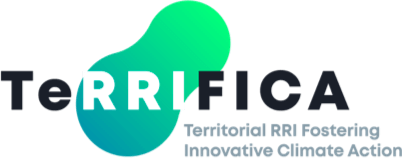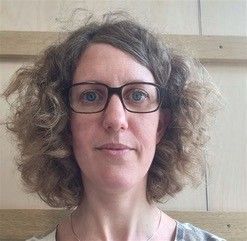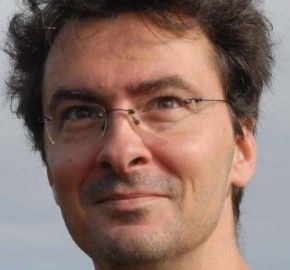Sciences Citoyennes
The Citizen Science association aims at supporting and prolonging the current movement of democratic and civil appropriation of science in order to put it at the service of the common good.
Created in 2002 by a group of researchers from various fields of humanities and natural sciences, by students and citizens, our main issue is to critically question the role of science and technology in the construction of a society and to put science into democracy so that it serves the common good.
We work on three main issues:
- the democratisation of scientific and technical choices: by the promotion of Citizen Conventions and advocating for a democratic production of research policies;
- the deontology of research: by stimulating the freedom of expression and debate in science, by supporting whistle-blowers and contributing to scientific controversies such as geo-engineering;
- the establishment of a “scientific third sector” that is better able to meet the growing social and ecological demands, which are neglected by the major scientific orientations whether they be defined by the state or by private industry: by increasing the capacity of research and expertise of the civil society including promoting participatory research and science shops.



